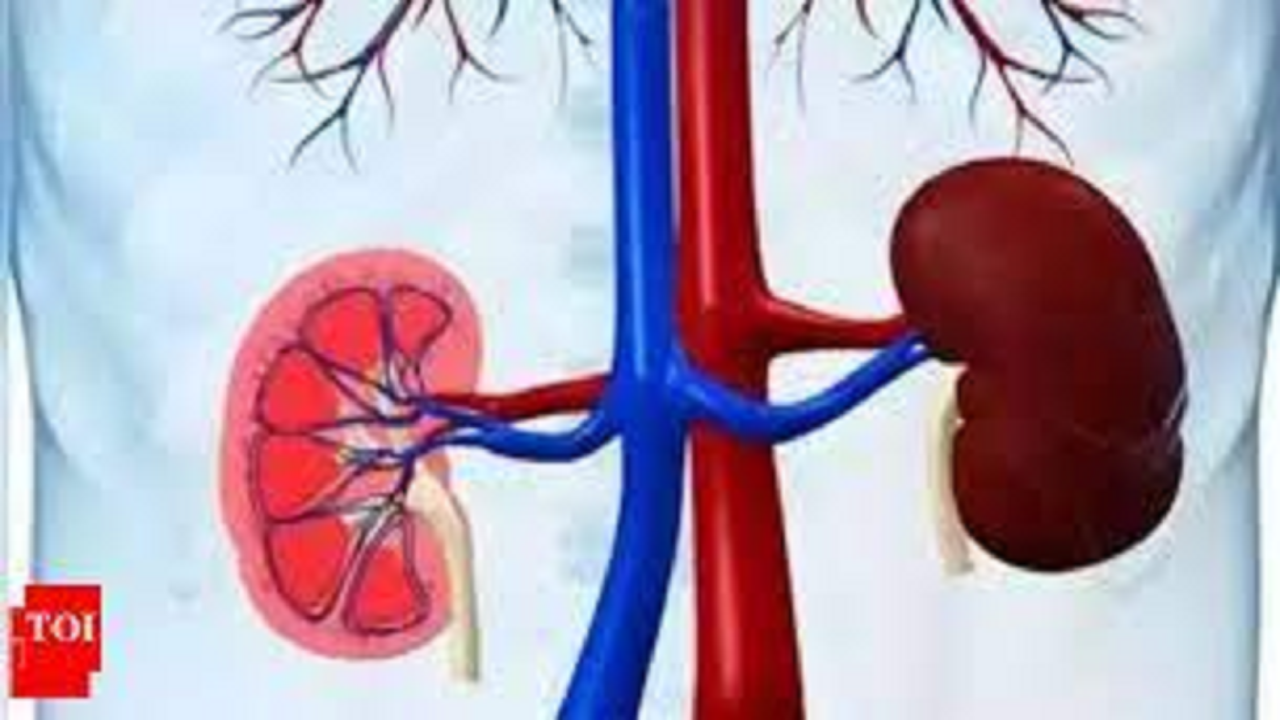Kidney function test (KFT) and liver function test (LFT) are simple blood tests that are supposed to tell us about the proper functioning of our kidneys and liver respectively. But they don’t tell the whole story. Dr Alka Bhasin, Senior Director, Nephrology and Kidney Transplant, Max Smart Super Specialty Hospital, Saket explains: “KFT and LFT alone are not sufficient to establish healthy kidney and liver function. Further investigations such as urinalysis, microscopy, abdominal ultrasound, INR, ammonia level, liver fibroscan are needed.
Dr. Anup Gulati, Director of Urology and Kidney Transplants, Fortis Escorts Faridabad shares, “These tests are only the preliminaries under which we can do further diagnostic tests to find out the precise cause of the imbalanced kidney and liver function.”
Dr Bhupendra Gandhi, mentor and consultant, Renal Sciences, HN Reliance Hospital further adds that these blood tests are reasonably good, but they help especially when the kidney disease has reached an advanced stage; for early stages of kidney disease this estimate does not help.

More accurate kidney test
In addition to the KFT and LFT as a preliminary investigation, we require ultrasound of the entire abdomen and urine analysis. Based on the above reports we should do the direct test like CT scan or DTPS scan or any other further specialized tests for kidney and liver depending on the suspected pathologysays Dr. Anup.
The most accurate way to judge kidney health is to estimate the glomerular filtration rate (GFR). It is a calculation based on the patient’s age, weight, serum creatinine value and gender. The eGfR reflects the filtering capacity of the kidney as a percentage, adds Dr. Alka.
It is estimated that 1 in 10 people worldwide suffer from chronic kidney disease, or approximately 850 million individuals. In India, there is an estimated annual growth rate of 10-20% of the dialysis population.
Should you have regular blood tests?
Today there is greater awareness and many people have regular blood tests to find out if their statistics are optimal. And many times these checkups also help doctors diagnose a disease before it reaches the high-risk category. But is it okay to do these tests without doctors’ recommendation?
Whether or not you should have regular blood tests is a thorny issue, believes Dr. Bhupendra. “Many times we receive blood tests without the recommendation of a competent doctor. Sometimes it can detect early kidney damage that we don’t suspect. It is recommended that you get tested once a year and visit your doctor to discuss your reports. Because even if intercourse seems normal, there could be some kidney problem.
Though a normal and healthy person does not require very frequent testing, but they should have a urine routine, blood pressure check, and regular appointment with a doctor once a year, especially those who are over 30 and 40 years old. Those with a family history of diabetes, high blood pressure, kidney problems may require more frequent tests. It is also important to note the symptoms. Normally a patient with a kidney problem will pass too little or too much urine. They feel burning when urinating, a sense of urgency, or get up frequently at night to urinate. These are some of the first signs of kidney involvement, adds Dr. Bhupendra.
Dr. Alka also believes that regular testing can be very informative as a method of screening for silence disorders such as kidney and liver disease. Random testing can help, very rarely would this information go to waste. With limited access to doctors in this vast country, laboratory tests are certainly a major contributor to establishing one’s health profile.
Things people need to know about kidney or liver disease
One in 10 people have a kidney problem. AND the most common cause of kidney disease is high blood pressure and diabetes which is widespread. As you know, India is getting a capital award for diabetes and kidney disease is rising or galloping very rapidly. So you should watch out for your blood pressure and diabetes and detect it early. If you don’t detect your blood pressure or diabetes early, you make yourself prone to kidney failure or other associated problems such as heart problems or strokes or kidney problems. Once identified, the inevitable can be prevented or postponed by many, many years, concludes Dr. Bhupendra.
